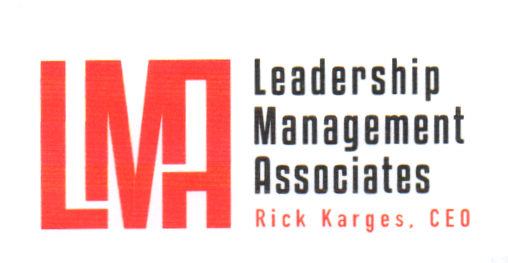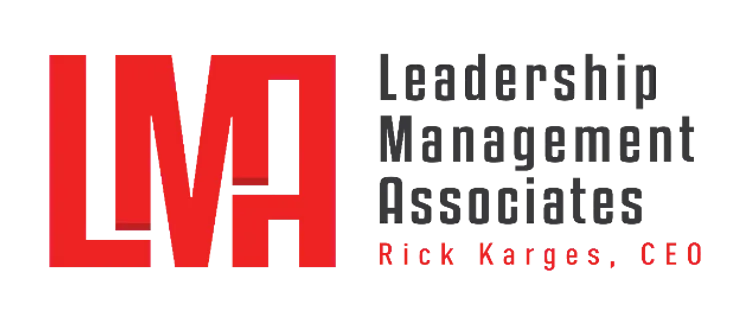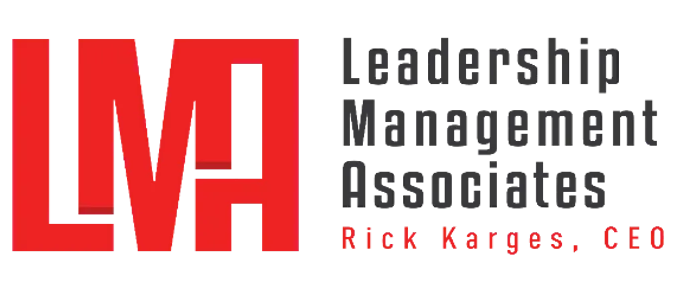
Post Title
Recent and past issues relating to law enforcement's role, responsibilities, incident action/reaction, cultural norms and community relations, and selected media and public scrutiny, have brought on an array of proposed remedies. These include dramatic organizational overhauls, drastic funding cuts and radical staffing changes. (Crain's Cleveland Business, Feb. 20: "Criminal justice: Police oversight boards have officials, activists and officers optimistic there is a path to change.")
We hear almost daily of tragic events, violent and disturbing incidents, and lives lost across our communities locally as well as nationally. As a result, the appeal for community and policing reform grows. The task is enormous, as there are over 60,000 police departments and law enforcement agencies potentially subject to reform initiatives.
There seems to be much conjecture as to how to address the problem of law enforcement and safety reform: to include more mental health services/resources, offering greater citizen oversight and gun control measures. The problem is there are no clear reform strategies, intervention techniques or funding solutions to bring about definitive changes in these areas
In the meantime, our law enforcement officers, leadership and associated personnel are placed under increasing critical and sometimes conflicting standards of conduct. Recruitment and retention have fallen on hard times, as the law enforcement profession is no longer regarded with the admiration and esteem it once was and competitive pay ranges lag in many areas of the country
Implementing more immediate measures is a way to offer tangible, definitive action in response to these community crises while awaiting debate, a compromise leading to the implementation of more strategic solutions. A multisystemic protracted reform initiative, while critical, will likely generate considerable political, regional and local control implications. This will potentially lead to further delays in fostering needed systemic reforms.
We need to implement more immediate actions to improve and support law enforcement to enhance the protection and safety of our communities. Furthermore, we need to reverse the trend of dysfunctional and adverse incidences arising with increasing and random frequency.
The rollout of a crisis intervention and prevention best practices "toolkit" is one step that can be implemented immediately.
The development of such a "toolkit" and associated training modules could be distributed to law enforcement personnel to assist and guide "on the ground" decision- making.
It would also offer an immediate resource to potentially help stop future tragic incidents, based on learned and guided interventions and de-escalation techniques. It can serve to complement and augment already established national crisis intervention team (CIT) training best practices.
The contents and training of this "toolkit" could include information in a concise format for practical application; selected "toolkit" information could be formatted as a pocket reference card, notebook insert, card deck or computer screen saver or iPhone app.
Contents could include:
· Mental health: Overview of populations served (adult, child adolescent, seniors)
· Crisis cycle de-escalation strategies
· Person-centered intervention strategies
· Setting effective limits and boundaries
· Addressing trauma symptoms, current and past
· Maintaining personal safety/avoiding harm
· The "whole person" concept in practice
· Types of mental health disorders
· Special focus issues (i.e., suicide intervention, aging, cognitive disorders)
· Scenario discussions, simulations/role play/critiques
· Substance use/co-occurring disorders
· Accessing community resources
· Mental health consumers/peer support specialists
· Verbal de-escalation techniques
· Law enforcement officer role, responsibilities and support
· Types of treatment programs available
The "toolkit" and associated training would serve as an adjunct resource and reference, and not a replacement for established best practice law enforcement policies and procedures.
Having such a "toolkit" and associated training on-hand and accessible for law enforcement and related personnel would be regarded as a "value-added" resource. It may also be subject to assessing its efficacy as a means to deter and de-escalate potentially volatile or otherwise "in the moment" and "in the field" decision-making.
Rick Karges is a licensed independent social worker and behavioral health clinician





